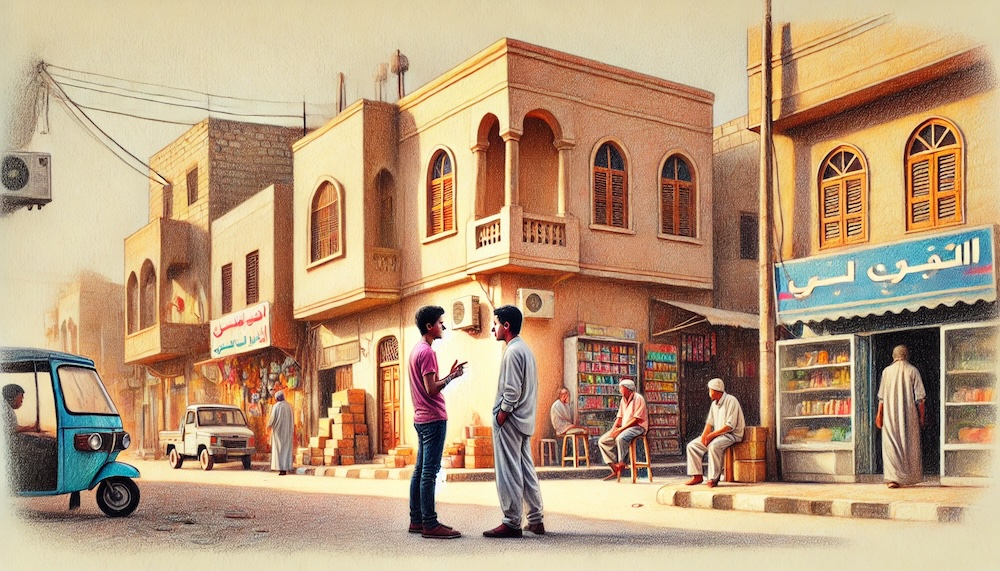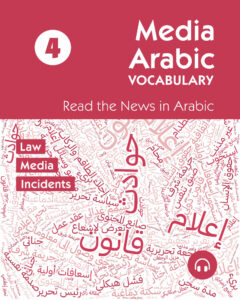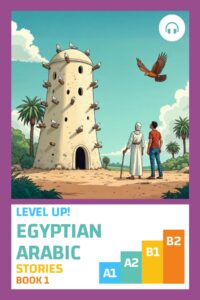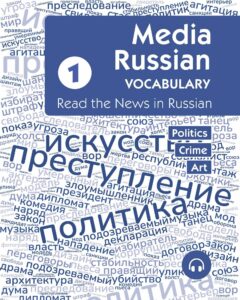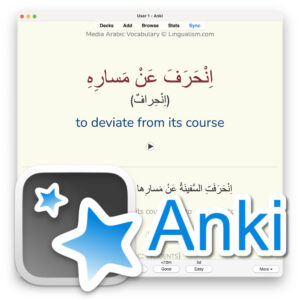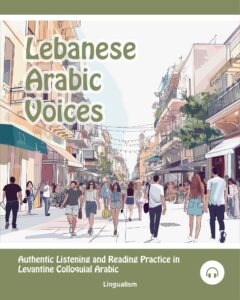Table of Contents
Introduction
Arabic literature has long been a beacon of cultural and intellectual richness, reflecting the vast history and diverse cultures of the Arab world. However, a contemporary debate is shaking the literary community—whether to use Modern Standard Arabic (MSA) or regional dialects in literary works. This debate holds significant implications for authors, readers, and the future of Arabic literature. In this blog post, we will explore the historical context, arguments for and against using Arabic dialects, case studies, and a potential middle ground. Our goal is to provide valuable insights and spark thoughtful discussion among Arabic language learners and literature enthusiasts.
Historical Context
Evolution of Arabic Literature
Arabic literature has evolved over centuries, from the poetic traditions of the pre-Islamic era to the modern novels and poetry collections that grace our bookshelves today. The language has always been a central element, with MSA serving as the primary medium for written works. However, regional dialects have also played a significant role, especially in oral traditions and folk literature.
Role of MSA in Classical and Modern Literature
Modern Standard Arabic, derived from Classical Arabic, has been the bedrock of formal Arabic writing. It is the language of the Quran, scholarly works, and classical poetry. In modern times, MSA continues to be the standard for news, literature, and formal communication, providing a unifying linguistic thread across the Arab world.
Historical Use of Dialects in Oral Traditions and Folk Literature
While MSA has dominated written literature, dialects have flourished in oral traditions. Folk tales, songs, and everyday conversations often occur in regional dialects, capturing the nuances of local cultures and traditions. This dichotomy between written MSA and spoken dialects has long been a feature of Arabic linguistic culture.
Arguments For Using Arabic Dialects
Authenticity and Realism
One of the strongest reasons to use Arabic dialects in literature is their effectiveness in developing characters and dialogue. Since Arabs typically don’t speak in Modern Standard Arabic (MSA) in their daily lives, using MSA can feel unnatural and distant. Dialects bring authenticity and realism to stories, making characters’ voices more genuine and relatable. When readers encounter familiar expressions and colloquialisms, it deepens their connection to the narrative.
Cultural Representation
The Arab world is incredibly diverse, with each region boasting its unique customs, traditions, and dialects. Incorporating these dialects into literature allows for a more accurate and rich cultural representation. It showcases the diversity within the Arab world, offering readers a window into different lives and experiences.
Accessibility
Using dialects can make literature more accessible and relatable for a wider audience. Many readers, especially those not well-versed in MSA, find it easier to engage with texts written in their native dialects. This accessibility can foster a greater appreciation for literature and encourage more people to read.
Innovation in Literature
The use of dialects can also spur innovation in literary styles and creative expressions. Authors experimenting with dialects can break away from traditional norms and create fresh, dynamic narratives. This experimentation can lead to new literary forms and genres, enriching the Arabic literary landscape.
Arguments Against Using Arabic Dialects
Fragmentation
One concern about using dialects in literature is the potential for fragmentation. The Arab world already faces linguistic diversity, and incorporating multiple dialects in literature could further divide audiences. This fragmentation might limit the reach and impact of literary works, as readers may struggle to understand dialects unfamiliar to them.
Standardization Issues
Maintaining a unified literary language is another challenge. MSA serves as a standard that transcends regional differences, allowing for a cohesive literary tradition. Introducing dialects could disrupt this standardization, making it harder to maintain a unified body of literary work.
Perceived Inferiority
Societal perceptions of dialects versus MSA can also pose a problem. Dialects are often viewed as less prestigious or sophisticated than MSA. This perception can influence how dialect-based literature is received and valued, potentially marginalizing works that use regional dialects.
Translation Challenges
Translating dialects for international audiences presents significant challenges. Dialects are deeply rooted in specific cultural contexts, making it difficult to convey their nuances accurately in other languages. This translation barrier might limit the global reach and appreciation of dialect-based literature.
Case Studies and Examples
Successful Literary Works Using Dialects
Several literary works have successfully employed dialects, garnering critical acclaim and reader appreciation. For instance, Egyptian writer Ahmed Mourad’s novels often feature Egyptian Arabic, adding a layer of realism and cultural depth to his stories. Similarly, Lebanese authors like Alawiya Sobh and Rabee Jaber have used Lebanese dialects to capture the essence of their characters and settings.
Authors and Poets Championing Dialects
Many authors and poets have championed the use of dialects, arguing for their literary value and cultural significance. Palestinian poet Mahmoud Darwish, for example, occasionally infused his poetry with Palestinian colloquial expressions, enriching his work’s emotional resonance. These writers demonstrate that dialects can be powerful tools for artistic expression.
Comparative Analysis of Reception and Impact
Comparing the reception and impact of works using MSA versus those using dialects can provide valuable insights. While MSA-based literature often enjoys broader acceptance and academic recognition, dialect-based works can achieve strong emotional connections with readers. Both approaches have their unique strengths and challenges, contributing to the richness of Arabic literature.
The Middle Ground
A Hybrid Approach
A potential solution to the debate is a hybrid approach that blends MSA with dialects. This approach allows authors to maintain the formal structure of MSA while incorporating dialects to enhance character voices and cultural authenticity. By striking a balance, writers can enjoy the best of both worlds.
Successful Integrations of MSA and Dialects
Several works have successfully integrated MSA and dialects, demonstrating the potential of this hybrid approach. For instance, Naguib Mahfouz’s novels often feature dialogue in Egyptian Arabic within an MSA narrative framework. This integration creates a dynamic and engaging reading experience while preserving the integrity of the literary language.
Khaled Al Khamissi’s novel Taxi stands as a prominent example of the successful integration of MSA and dialects. The book is a collection of short stories involving Cairo taxi drivers, capturing the raw, unfiltered voice of the Egyptian streets. Al Khamissi’s use of Egyptian Arabic dialect in dialogues provides authenticity and immediacy, allowing readers to connect deeply with the characters’ experiences and perspectives. By weaving these dialogues within an MSA narrative framework, Taxi not only presents a vivid portrait of contemporary Egyptian society but also highlights the potential of dialects to enrich literary works without compromising their artistic integrity.
Benefits and Challenges
The hybrid approach offers several benefits, including increased reliability must carefully balance MSA and dialects to ensure their work resonates with readers while preserving literary standards., cultural representation, and creative freedom. However, it also presents challenges, such as maintaining consistency and avoiding linguistic fragmentation. Authors
Conclusion
The debate over Arabic dialects in literature is complex and multifaceted, reflecting broader questions about culture, identity, and language. By exploring both sides of the argument and considering a hybrid approach, we can appreciate the richness and diversity of Arabic literary expressions. The future of Arabic literature lies in its ability to evolve and adapt, finding new ways to connect with readers while honoring its storied traditions.
Whether you prefer the classical elegance of MSA or the vibrant authenticity of dialects, there is a place for all voices in the world of Arabic literature. We encourage you to explore and appreciate the diverse tapestry of stories that make up this beautiful literary tradition.

